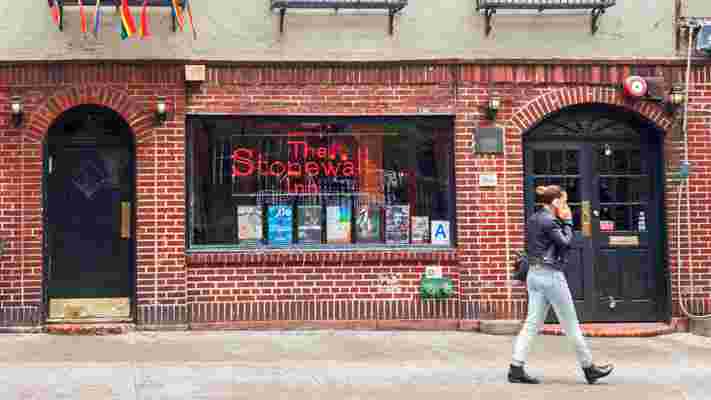On Thursday, the New York City Council unanimously approved a new official landmark, the Stonewall Inn, a Greenwich Village watering hole whose historical significance is difficult to overstate. The latest designation—which affirmed a Landmarks Preservation Commission vote from June—marks the first time a site has been landmarked primarily due to its place in lesbian, gay, bisexual, and transgender (LGBT) history. Previous landmarks designated for their historical rather than architectural importance include Edgar Allan Poe’s cottage in the Bronx and the former Triangle shirtwaist factory building in Lower Manhattan.

Comprising a pair of 1840s former stables clad in masonry and stucco, the Stonewall Inn Restaurant originally opened in 1934 and was converted into a gay bar in 1967. As the starting point of the 1969 Stonewall riots, the bar is widely considered the birthplace of the modern LGBT civil rights movement. The violent uprising was the catalyst for an increasingly active phase that saw the creation of new organizations determined to advance equal rights not only in New York but across the country.
A testament to the Stonewall’s importance is that it was already designated a National Historic Landmark and listed on the National Register of Historic Places. Additionally, it is located within the Greenwich Village Historic District, a swath of the neighborhood where new buildings must meet the exacting design standards of the Landmarks Preservation Commission. However, the newest designation adds perhaps the strongest layer of protection—its façade cannot be altered without approval from the commission, which is known for permitting only historically sensitive modifications.
